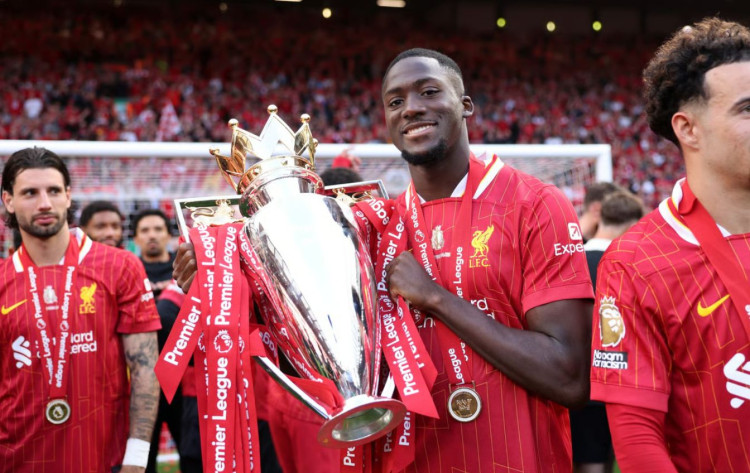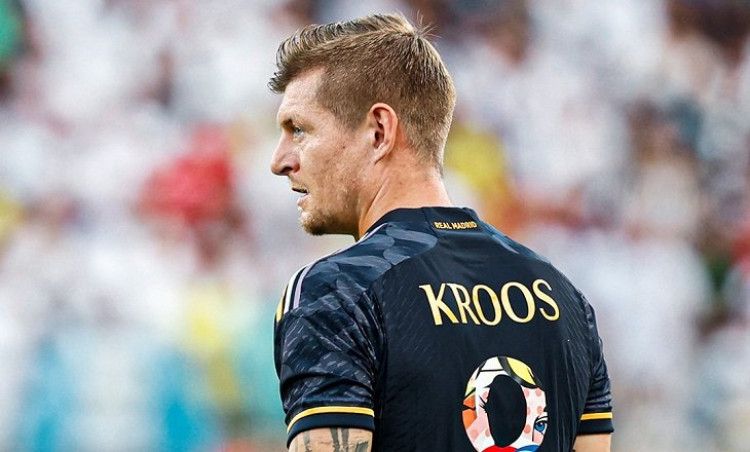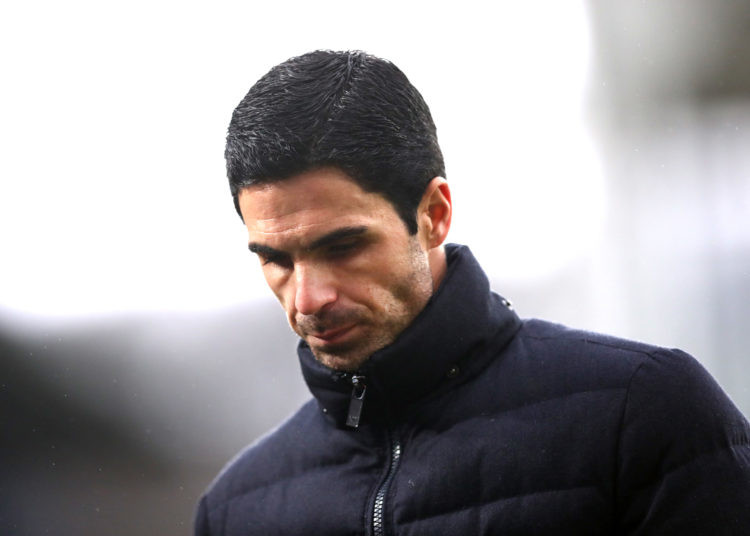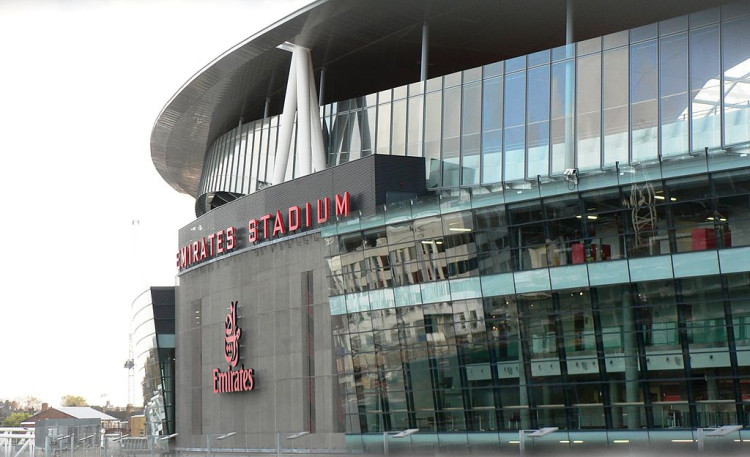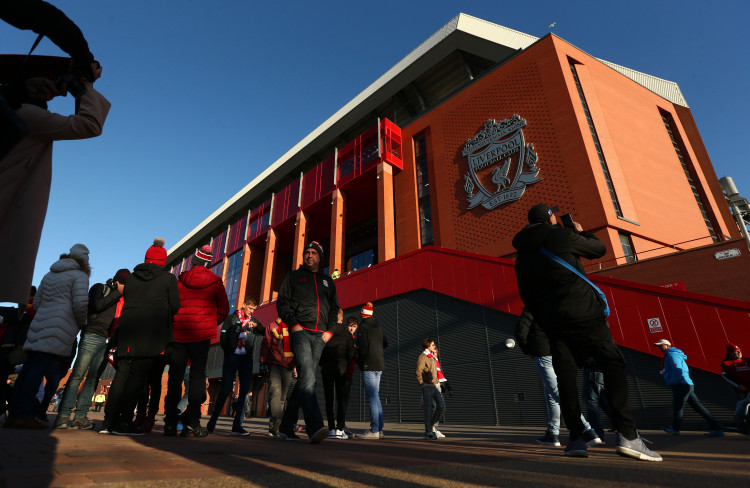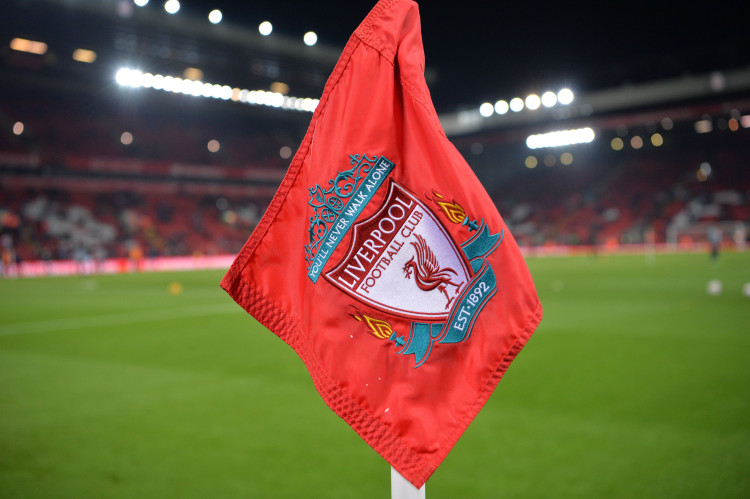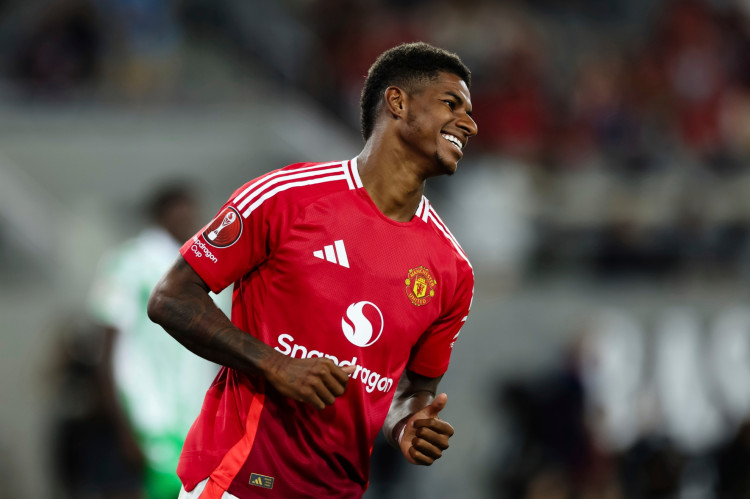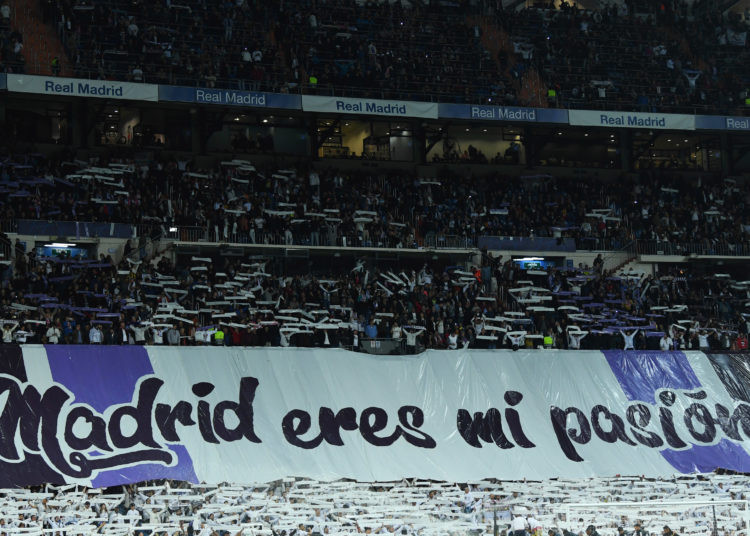
What Real Madrid’s semi-final humbling means for Xabi Alonso’s new era?
Real Madrid’s 4-0 dismantling at the hands of PSG in the Club World Cup semi-final was not just a defeat — it was a wake-up call for Xabi Alonso.
While the departure of Carlo Ancelotti was certainly a blow given how successful he had been, it was certainly time to move on from the Italian manager. With Xabi Alonso coming in, there was a lot of excitement amongst the Real Madrid fans thanks to his sensational work at Bayer Leverkusen.
The Spanish tactician showcased a lot of promise right from the start as his team slowly started dominating the proceedings at the 2025 FIFA Club World Cup. While they began the tournament with a disappointing 1-1 draw against Al-Hilal, things started to fall into place with every passing game.
However, it all came crumbling down when they squared up against 2024/25 UEFA Champions League winners PSG in the semi-final. While many expected Los Blancos to bring an end to the French giants’ dominance, Luis Enrique’s team blew them away as they won 4-0 on the night.
It was a hard lesson for the new Real Madrid boss, who now has very little time left to get things on track before the start of the new season. The Merengues’ defeat in the semi-final was more of a reality check.
While costly errors from Raul Asencio and Antonio Rudiger within the first ten minutes handed PSG a commanding lead, Los Blancos were far from their best, and they were simply the second best in all departments.
While those errors had a big part to play in that defeat, we cannot really pin the loss solely on defensive mistakes, as PSG were the ones who dominated the proceedings, and they were deserved winners.
Their midfielders controlled the tempo and while Real Madrid’s star-studded team kept chasing the ball for the majority of the 90 minutes. The French side’s control was so complete that, at times, they appeared to be toying with their Spanish opponents, exposing gaps and forcing hurried decisions all over the pitch.
Do Real Madrid Need More Signings?
It is tempting to look at a heavy defeat and demand new signings, but context matters. Real Madrid were without two key summer arrivals: Dean Huijsen, suspended after a red card in the quarterfinal, and Trent Alexander-Arnold, sidelined by injury.
Their absence forced Federico Valverde into an emergency right-back role as Dani Carvajal was not ready to start, which in turn robbed the midfield of its usual drive and composure. Against a team like PSG, that reshuffling proved costly.
With Franco Mastantuono and Alvaro Carreras set to join the squad in the coming weeks, Madrid seem to have everything they need to succeed next season. While another top-level midfielder who can help control the tempo could prove to be a great addition, they do not really have room for more signings in the centre of the park.
While Luka Modric’s time at the club has come to an end, Arda Guler has been entrusted to take up that role in midfield, and he certainly showcased a lot of promise during the Club World Cup. Given Ferland Mendy’s injury track record, Carreras is just the perfect signing for the club.
While Rodrygo could be on his way out, Real Madrid are already stacked in the final third, and with Mastantuono coming in, Xabi Alonso won’t have to look at the market for a new winger. In simple terms, the Spaniard does not really need to look at the market; rather, he needs to make sure he makes the most out of the players at his disposal.
What Must Xabi Alonso Change at Real Madrid?
While the team in white certainly have the financial strength and the pull to sign any player they want, it still might not solve their problems. The tactical side of things is the answer for Real Madrid to bounce back next season.
Throughout the 2024 FIFA Club World Cup, Xabi Alonso went ahead with a 4-3-3 formation, which would convert into a 3-5-2 when Real Madrid had the ball. Defensive midfielder Aurelien Tchouameni would drop into the back, while the full-backs were joining the attacks and supporting the two forwards.
Valverde, who was assigned the right wing role, was dropping into midfield and helping out Guler and Jude Bellingham. With the full-backs moving up the field and Valverde dropping into midfield, they were creating an overload in the central areas. It was one of the major reasons why they had so much control throughout the tournament.
However, in the semi-final against PSG, Alonso started with Gonzalo Garcia, Kylian Mbappe and Vinicius Junior as the front-three, and Valverde was forced to play as make makeshift right-back with Alexander-Arnold injured. With Dean Huijsen suspended, they were no longer that efficient in playing out from the back.
While Garcia was doing a lot of defending, Mbappe and Vinicius Junior are certainly not that adept off the ball, and with Valverde not in midfield, they were getting stretched every time PSG kept switching the play. The tactical changes left Real Madrid exposed, with no answers to the French club’s pressing, and they struggled to regain possession.
For Alonso, the lesson is clear that against elite opposition, balance is everything. Real Madrid’s certainly has no shortage of firepower in the final third, but fitting them all into the same lineup without sacrificing structure is a puzzle that needs solving. The squad is strong, the talent is there, but the system must come first.
Real Madrid fans have every reason to be optimistic. With quite a few of their stars returning from injury, they will certainly do everything that is needed to succeed in all competitions. But the PSG defeat is a timely reminder: in football, there are no shortcuts. Building a new era takes patience, smart decisions, and, above all, the courage to learn from painful nights like these.



